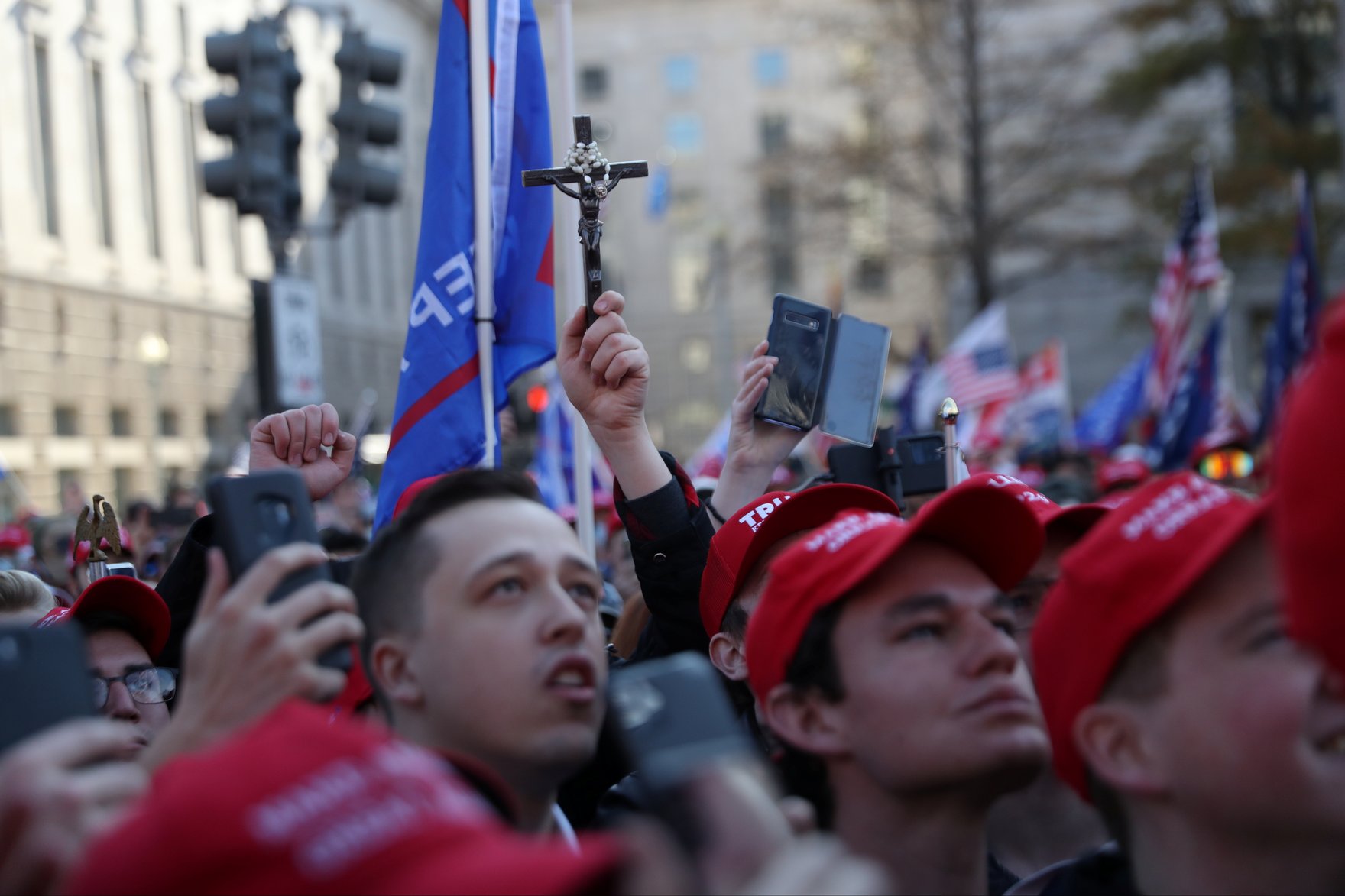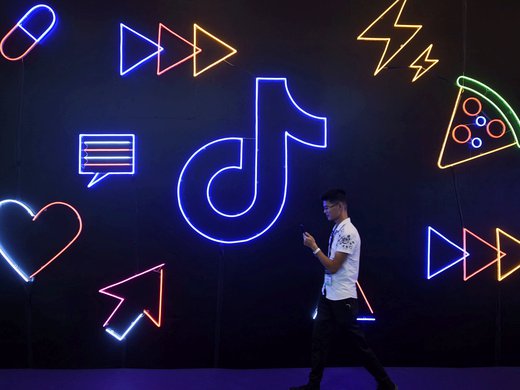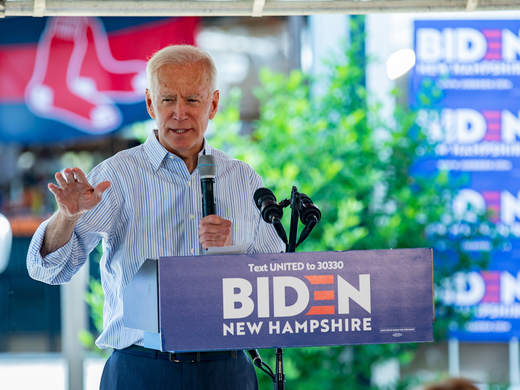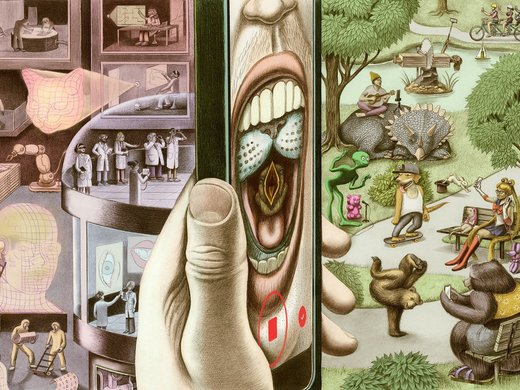It’s been impossible to avoid the reality of antisemitism in recent months.
First, Kanye West spreads threatening and hateful messages aimed at Jews over Instagram and Twitter, messages later staunchly defended in posts by the House Judiciary Republicans’ Twitter account and by Indiana Attorney General Todd Rioka. Then, Donald Trump made the following post on the Truth Social platform: “U.S. Jews have to get their act together and appreciate what they have in Israel — Before it is too late!” Subsequently, Brooklyn Nets guard Kyrie Irving was suspended from the National Basketball Association after failing to apologize for promoting an antisemitic Holocaust denial film on Twitter. And, most recently, comedian Dave Chappelle has been accused of normalizing antisemitism through his Saturday Night Live (SNL) opening monologue and Alex Jones hosted Kanye West and known Holocaust denier Nick Fuentes for an interview filled with antisemitic remarks.
Trump’s announcement that he will run again for the US presidency in 2024 and his widely criticized dinner with West and Fuentes, coupled with Elon Musk’s determination to make Twitter a free speech haven with reduced content moderation, presents an ominous picture for the spread of antisemitism on social media.
We’ve known the US conservative movement has tended toward antisemitism online for some time. Prior research from members of our team at the University of Texas at Austin — the Propaganda Research Lab — revealed that self-described conservatives overwhelmingly led other political groups (liberals and independents) in sharing anti-Jewish hashtags during the last set of mid-term elections in 2018.
Worryingly, there are many platforms where these messages aren’t taken down as quickly as they are on Facebook or Twitter. For example, encrypted messaging apps such as Telegram and WhatsApp are less regulated by content moderation regimes and hence allow for more dangerous content.
A shockingly large number of platforms don’t take down antisemitic content at all. Popular fringe social media communities such as Gab, Rumble, Truth, Parler, 8chan and 4chan have allowed largely unfettered prejudiced and conspiratorial ideas about all manner of groups to spread extensively and rapidly. A great deal of this content goes beyond mere bullying and amounts to targeted harassment of protected groups.
Platforms such as TikTok are aiding in an amplification and viral spread of antisemitism that can be either openly hateful or veiled by tropes and the use of humour. Past research done by the Anti-Defamation League on digital manipulation during elections shows that computational propaganda tactics, including the use of anonymity and automation, amplify this antisemitic messaging and harassment. It’s true that law makers on both sides of the US political spectrum have a history of demonizing Jews; however, current conservative politicians seem to be particularly bent on capitalizing on the recent hateful comments, using them as a vehicle to debate what they see as the limitation of free speech online.
TikTok, with its explosive popularity and younger user base, is a particularly attractive platform for political groups hoping to reach young people. Content posted there ranges from important information on, for example, how to understand elections results, to videos propagating hate and prejudice. Despite the many serious lessons that it might have gleaned from the experience of other social media platforms such as Facebook, TikTok has been slow to implement effective regulation to hinder disinformation and bigotry.
While doing a poor job of removing antisemitic content, the platforms are placing undue pressure on users to police themselves.
Indeed, Jewish content creators on TikTok face a barrage of antisemitic comments that do not get taken down. A significant share of antisemitic content on the platform is also purposefully hidden from users and moderators through misspelled hashtags and words, usernames with antisemitic references, and the use of code words, numbers and symbols. The same is true on some other social media platforms, such as Twitter. During the 2018 mid-terms, the most likely keywords to predict whether a tweet would be antisemitic were Soros and Rothschilds — messages using these terms often referred to the antisemitic conspiracy theory that Jews control the world. Similarly, pernicious conspiracy theories containing Holocaust denial, QAnon propaganda and Trump/“Make America great again” messaging also frequently appeared within antisemitic tweets. With antisemitic messaging’s evolving ability to appear in veiled forms — code words, conspiracies, misspellings and more — having these posts reported or taken down becomes an especially difficult task.
In response to complaints about a popular trend where users pretended to be concentration camp victims, TikTok introduced new platform measures in 2020 to curb disinformation and antisemitism. However, TikTok’s efforts to fight Holocaust denial, white nationalism and misinformation about famous Jewish figures have not been enough. This year TikTok introduced further measures to combat antisemitism and Holocaust denial, but Jewish TikTok creators question whether these measures will succeed.
While doing a poor job of removing antisemitic content, the platforms are placing undue pressure on users to police themselves. Antisemitism permeates our daily media consumption, and has been especially notable within the past month: West and Irving on Twitter and Instagram, Chappelle on SNL and Trump at the kick-start of his second run for the presidency. Surely wanting to hinder the spread of antisemitism is not about censorship, but about the pursuit of safety and dignity for all. Those who argue against Kanye West’s social media suspension are conflating targeted bigotry and free speech. A healthy democracy and media system would be working to eradicate antisemitic messaging — and other forms of targeted hate — from the mainstream. That is what citizens of democracies should demand.



